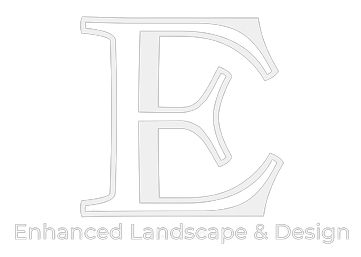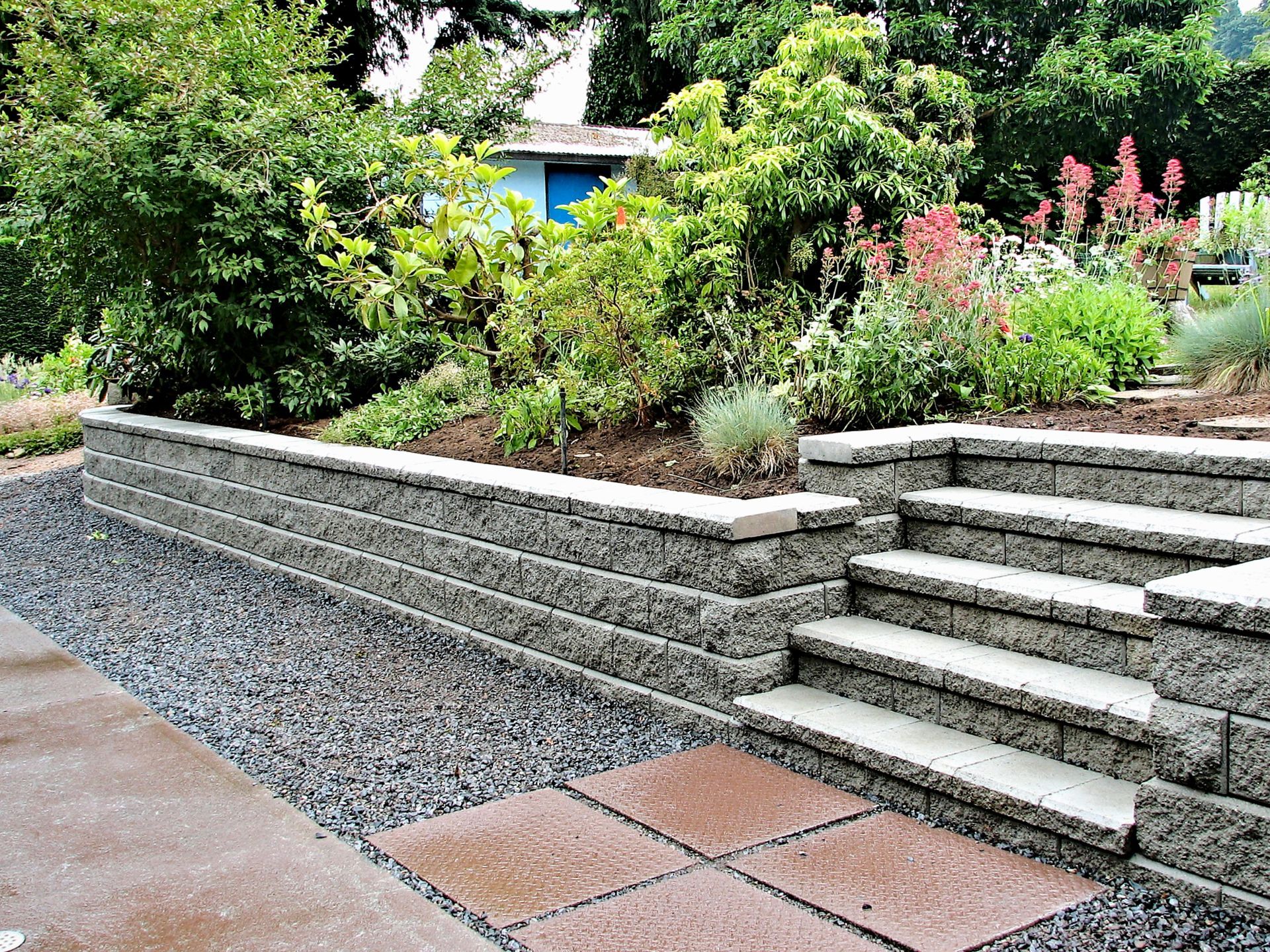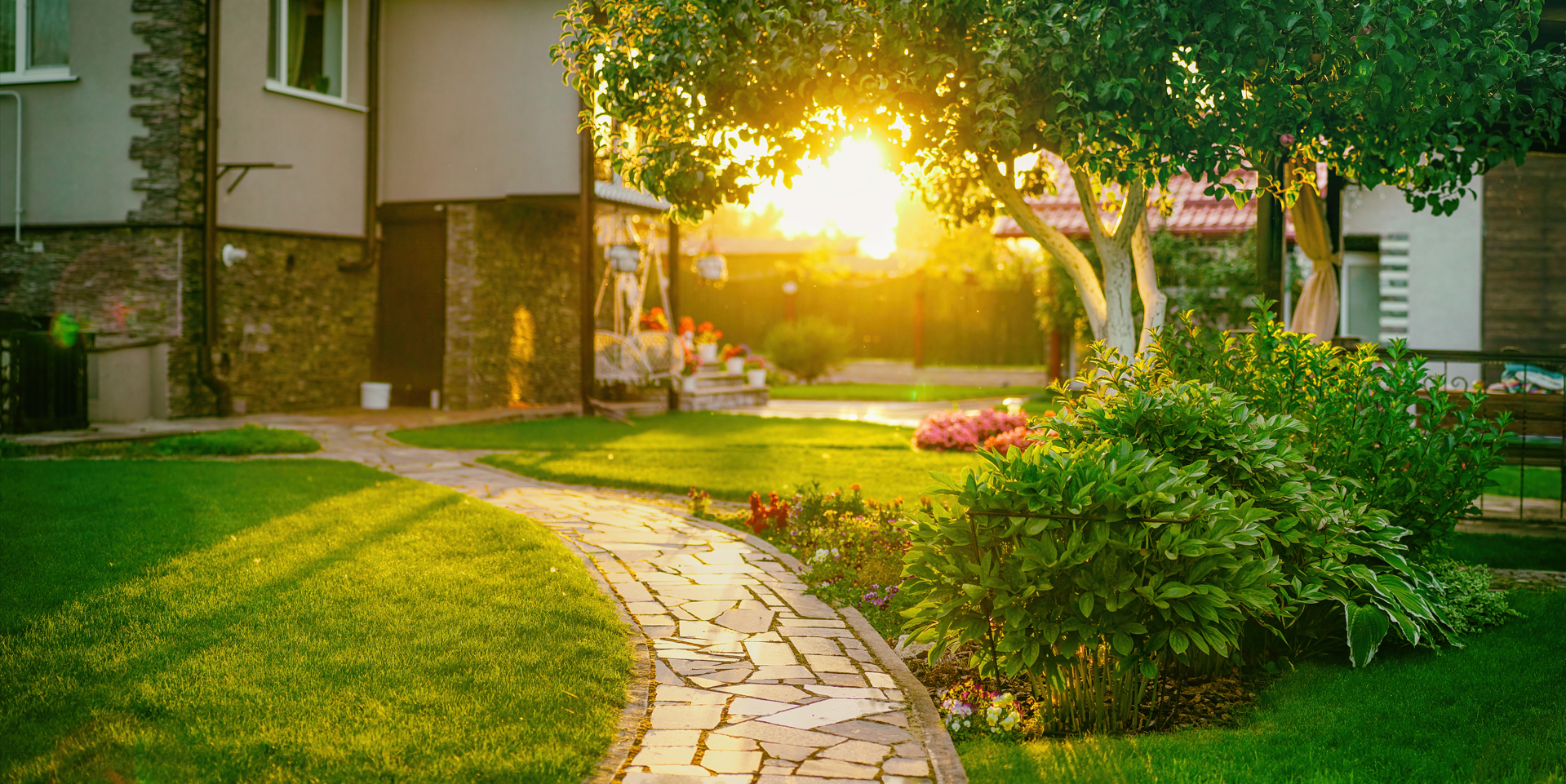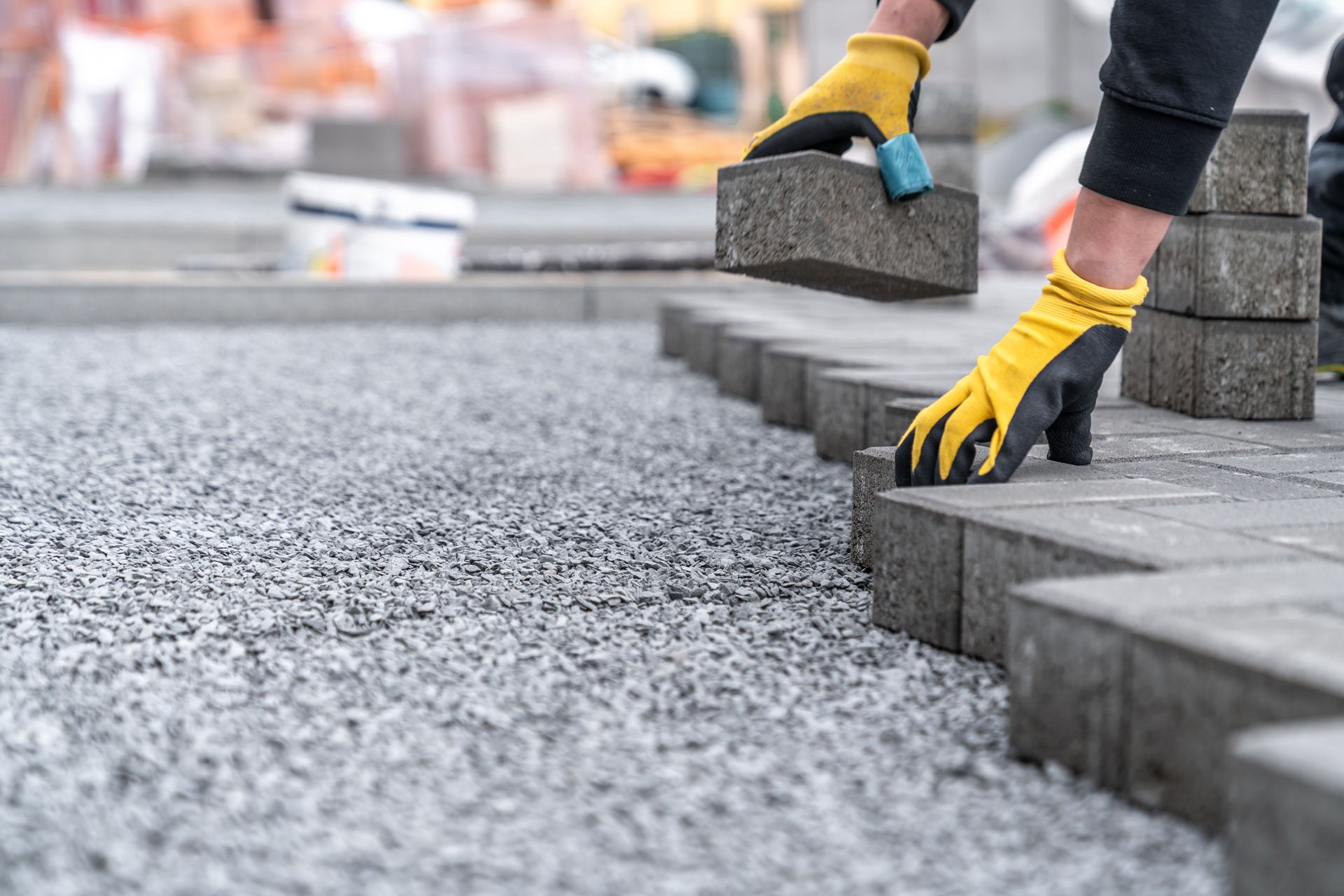Weather Considerations: When to Schedule Your Concrete Driveway Installation
Enhanced Landscaping & Design understands the importance of planning when it comes to concrete driveway installations. Weather conditions play a crucial role in determining the quality and durability of your concrete driveway. As your trusted Chatham concrete contractors, we are here to guide you on the best time to schedule your installation.
In this blog post, we will explore the ideal weather conditions, how seasonality affects the installation process, and provide practical tips to ensure your driveway stands the test of time.
The Impact of Weather on Concrete Installation
Weather conditions significantly influence the installation and curing of concrete. Extreme temperatures and moisture levels can compromise the integrity and appearance of your driveway. Understanding the ideal weather conditions for pouring concrete is the first step in planning a successful project.
Ideal Temperature for Concrete Installation
The temperature plays a pivotal role in the curing process of concrete. Ideally, concrete should be poured when the temperature is between 10°C and 20°C (50°F and 68°F). These temperatures promote the hydration process, allowing the concrete to cure evenly and attain the desired strength.
Extreme heat can cause the concrete to dry too quickly, leading to surface cracking and reduced durability. Conversely, cold temperatures can slow down the curing process, resulting in a weaker driveway.
Understanding Seasonal Impacts in Chatham-Kent
The climate in Chatham-Kent presents unique challenges and opportunities for concrete driveway installations. Let’s explore how each season affects your project:
Spring: A Season of Renewal
Spring is a favorable time for concrete installations due to mild temperatures and balanced moisture levels. However, sudden rain showers can postpone projects. It's crucial to keep a flexible schedule and consult with your contractor on weather forecasts to find the perfect window for installation.
Summer: Proceed with Caution
While summer offers longer daylight hours for work, the higher temperatures can be a challenge. The intense heat can cause the concrete to set too quickly, leading to insufficient strength development. Enhanced Landscaping & Design recommends early morning or late afternoon installations to avoid the midday heat, ensuring optimal curing.
Fall: The Golden Period
Fall is often considered the ideal time for concrete installations. The cool temperatures and lower humidity levels are perfect for the curing process. With minimal rainfall in the forecast, scheduling your driveway installation in the fall can lead to a stronger, more durable finish.
Winter: A Time to Pause
Winter poses significant challenges due to freezing temperatures. Concrete installations are generally not recommended during this period, as the cold can result in a brittle structure. If an installation is necessary, Enhanced Landscaping & Design can provide expert guidance on protective measures such as heated blankets or accelerators to ensure the project's success.
Practical Tips for Successful Concrete Driveway Installation
1. Monitor Weather Forecasts: Keep a close eye on the weather forecasts when planning your installation. Collaborate with your concrete contractor to select the best possible date.
2. Prepare the Site: Ensure that the site is well-prepared before the installation begins. Proper drainage and a solid sub-base are essential for preventing future issues.
3. Hire Professional Contractors: Experienced contractors like Enhanced Landscaping & Design understand the nuances of weather impacts and can adjust strategies to accommodate environmental conditions.
4. Consider Sealing: Applying a sealant protects your concrete driveway from moisture and temperature fluctuations, extending its lifespan.
To Summarize: Plan Smart, Install Right
At Enhanced Landscaping & Design, we prioritize quality and customer satisfaction. By understanding the weather considerations for concrete driveway installation, you can make informed decisions that enhance the durability and appearance of your outdoor space.
Ready to transform your property with a stunning concrete driveway? Contact Enhanced Landscaping & Design today to schedule a consultation. Our expert team is here to bring your vision to life, ensuring a seamless, durable installation regardless of the season. Don't wait for the perfect weather—let's plan your project together!
Enhanced Landscaping & Design
Address
Phone
Business Hours
- Mon - Fri
- -
- Sat - Sun
- Closed












